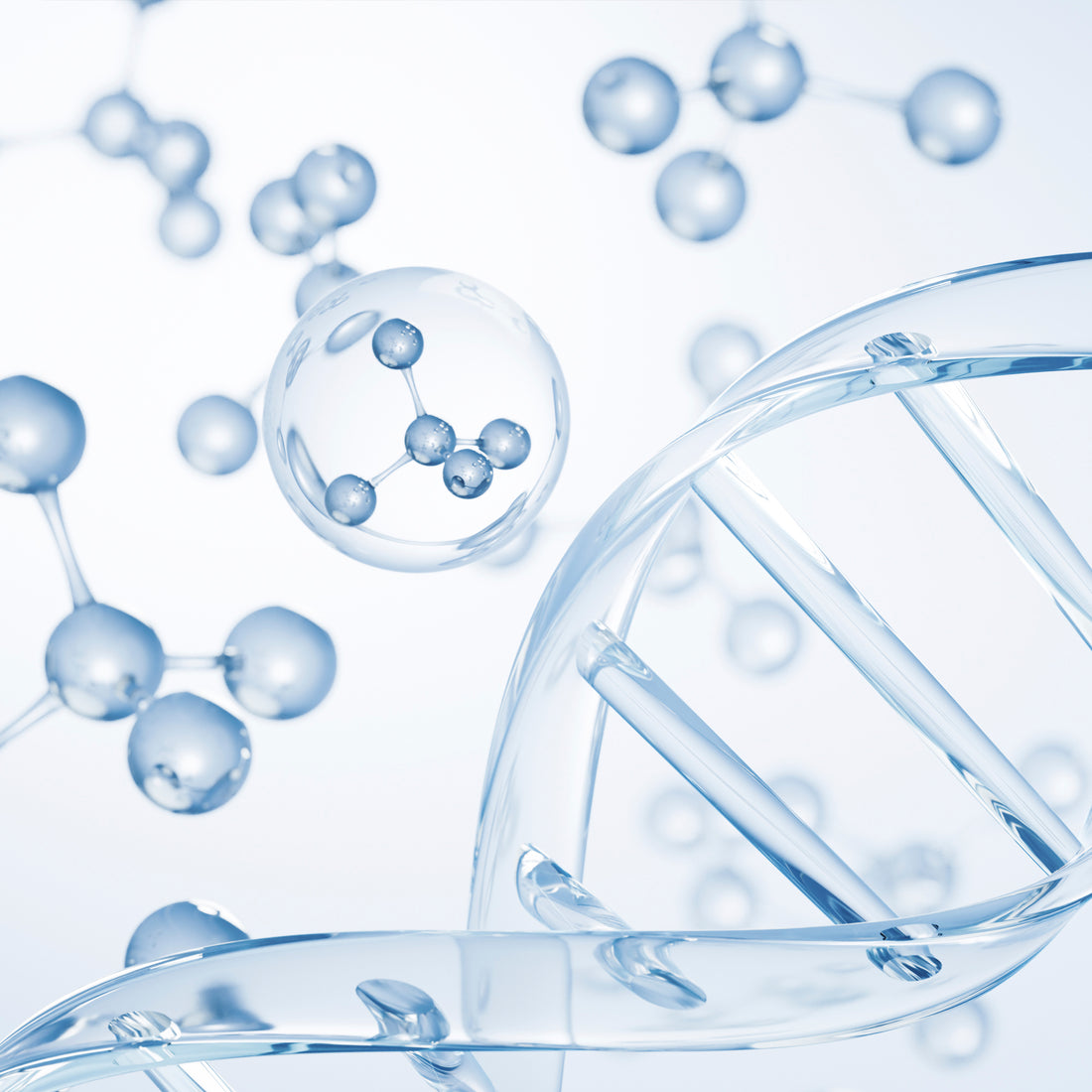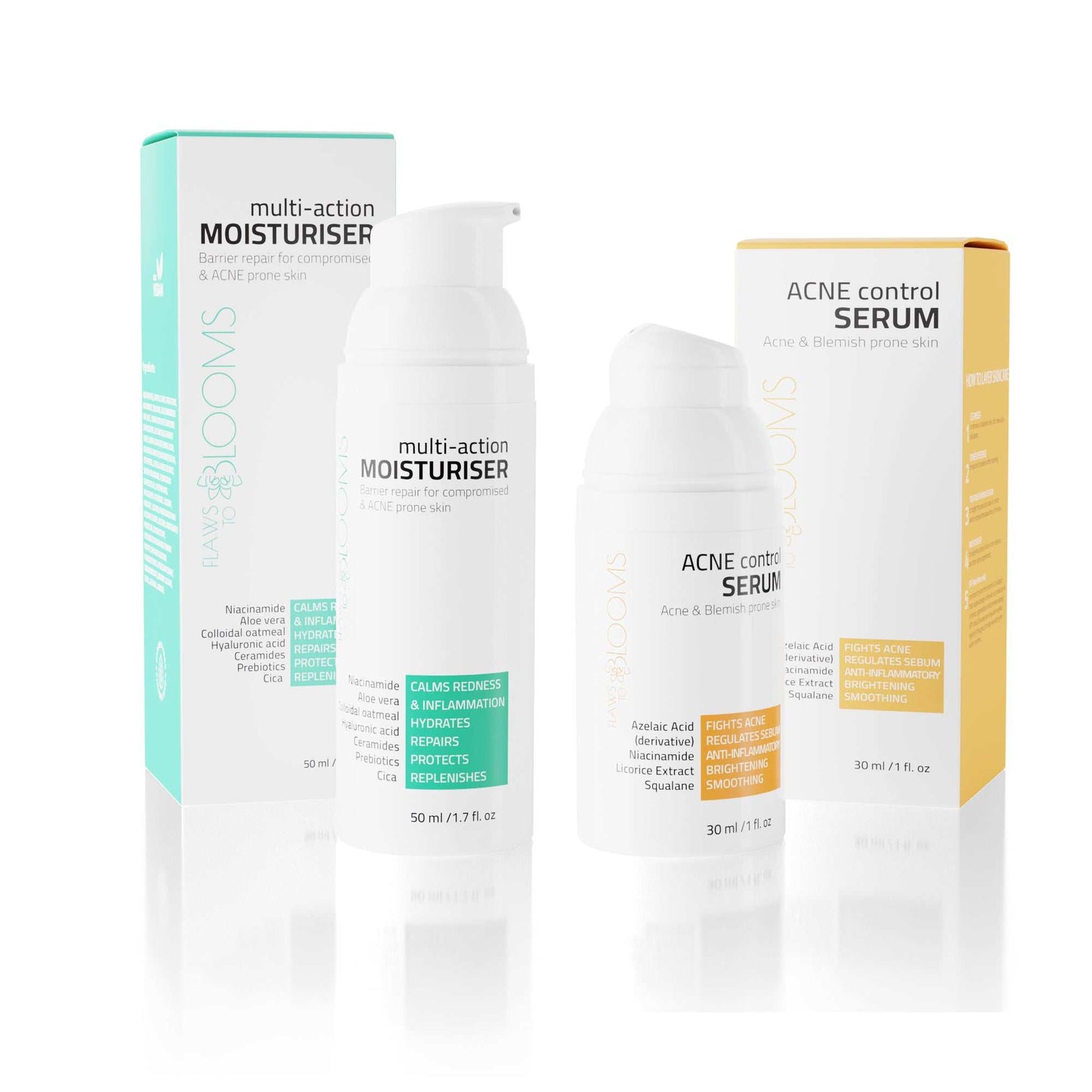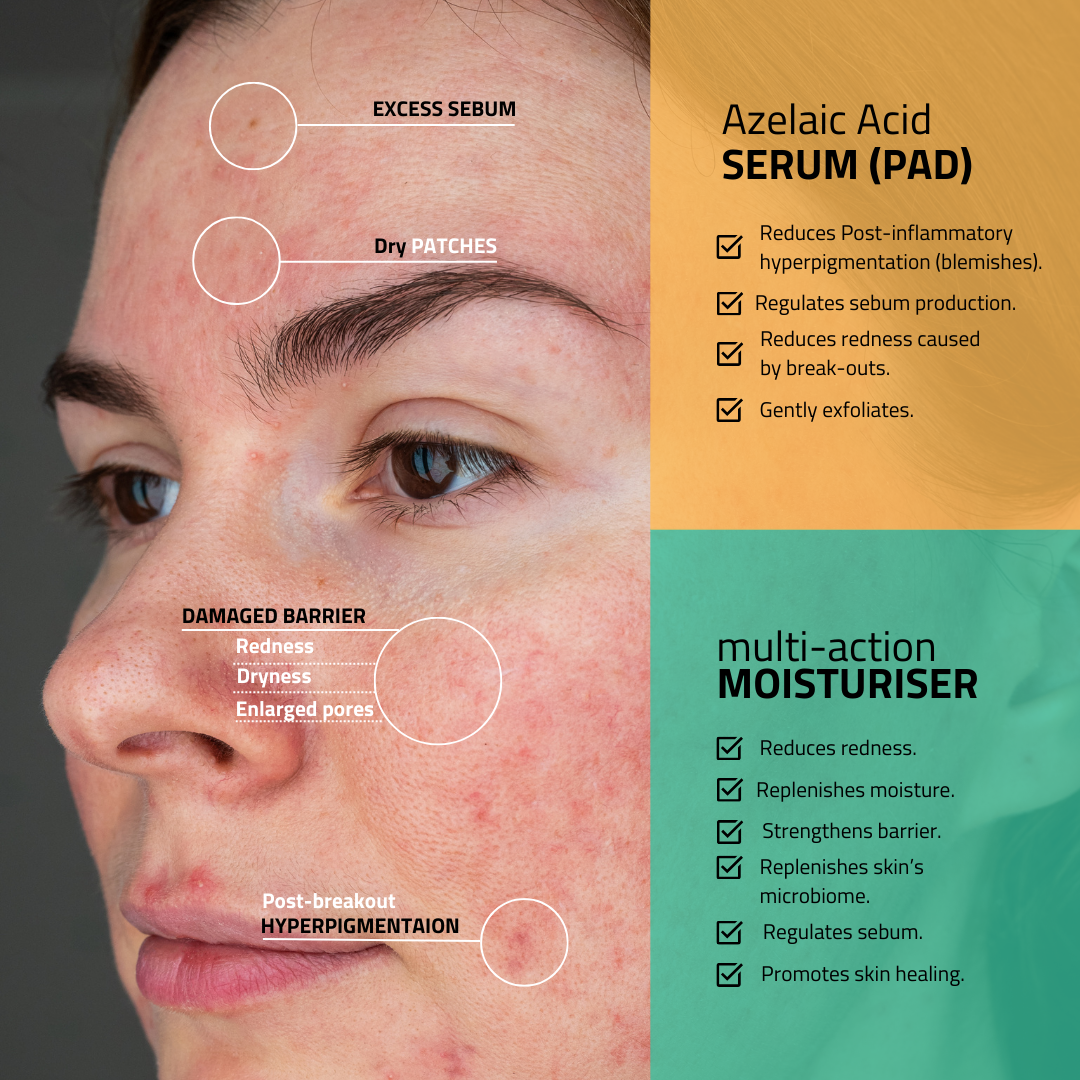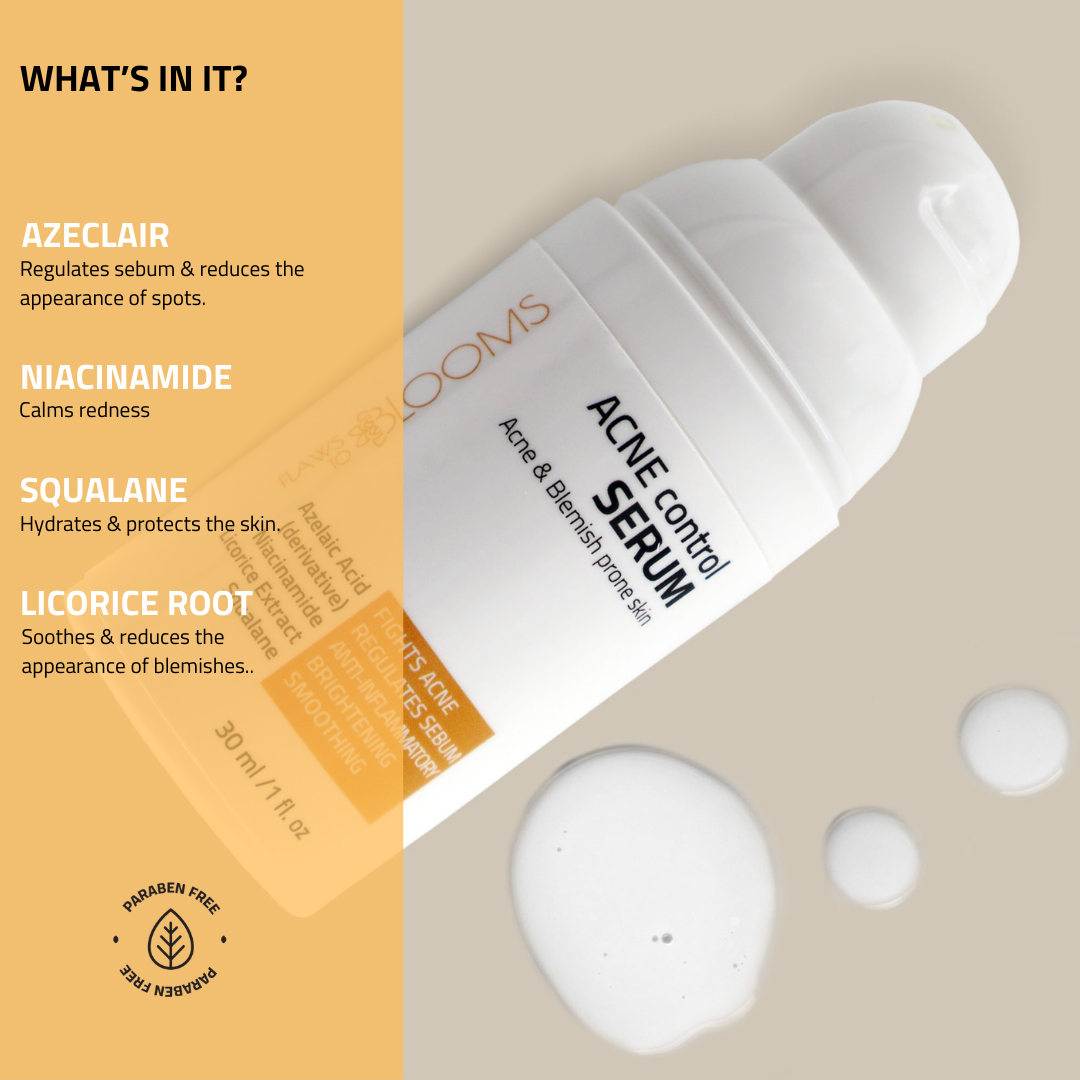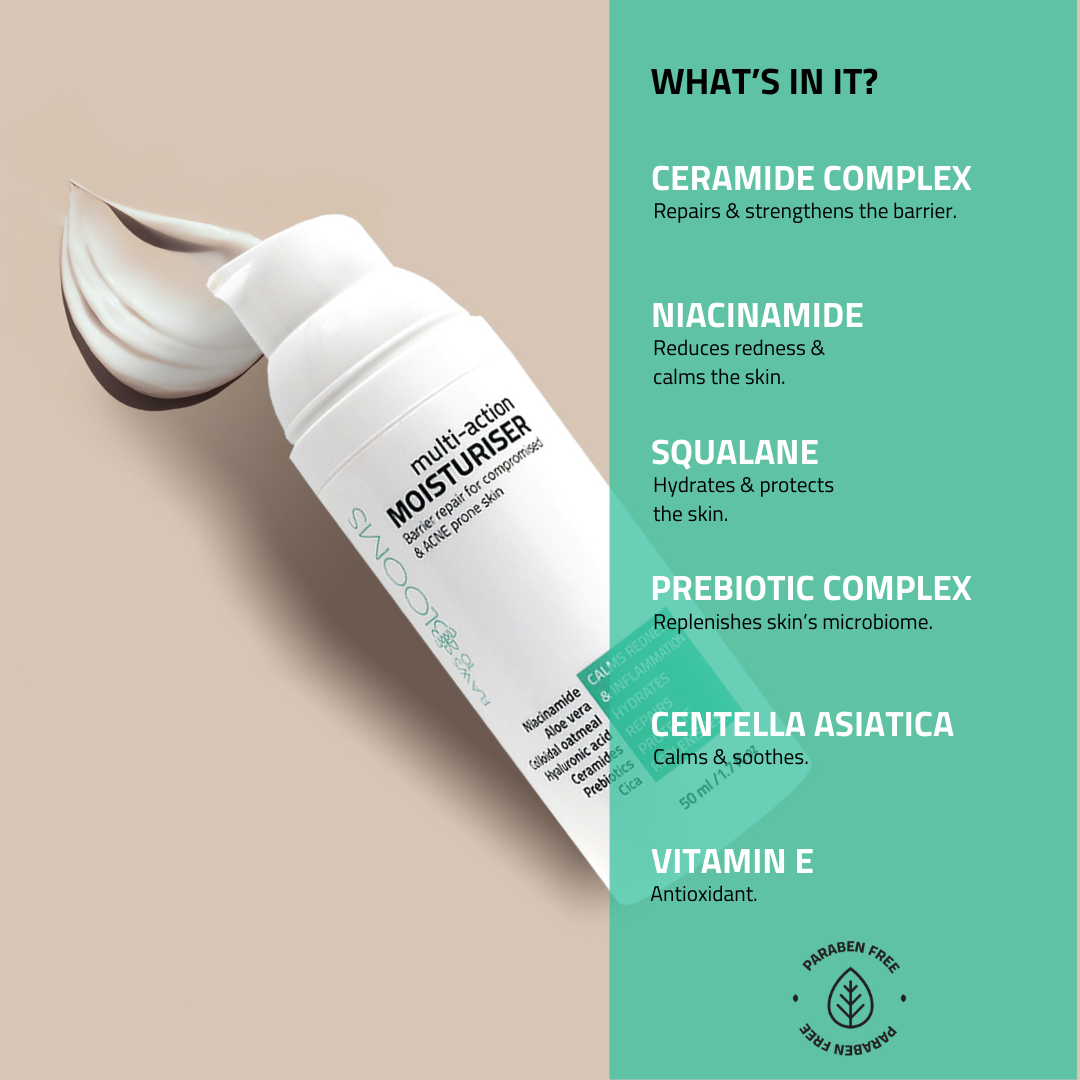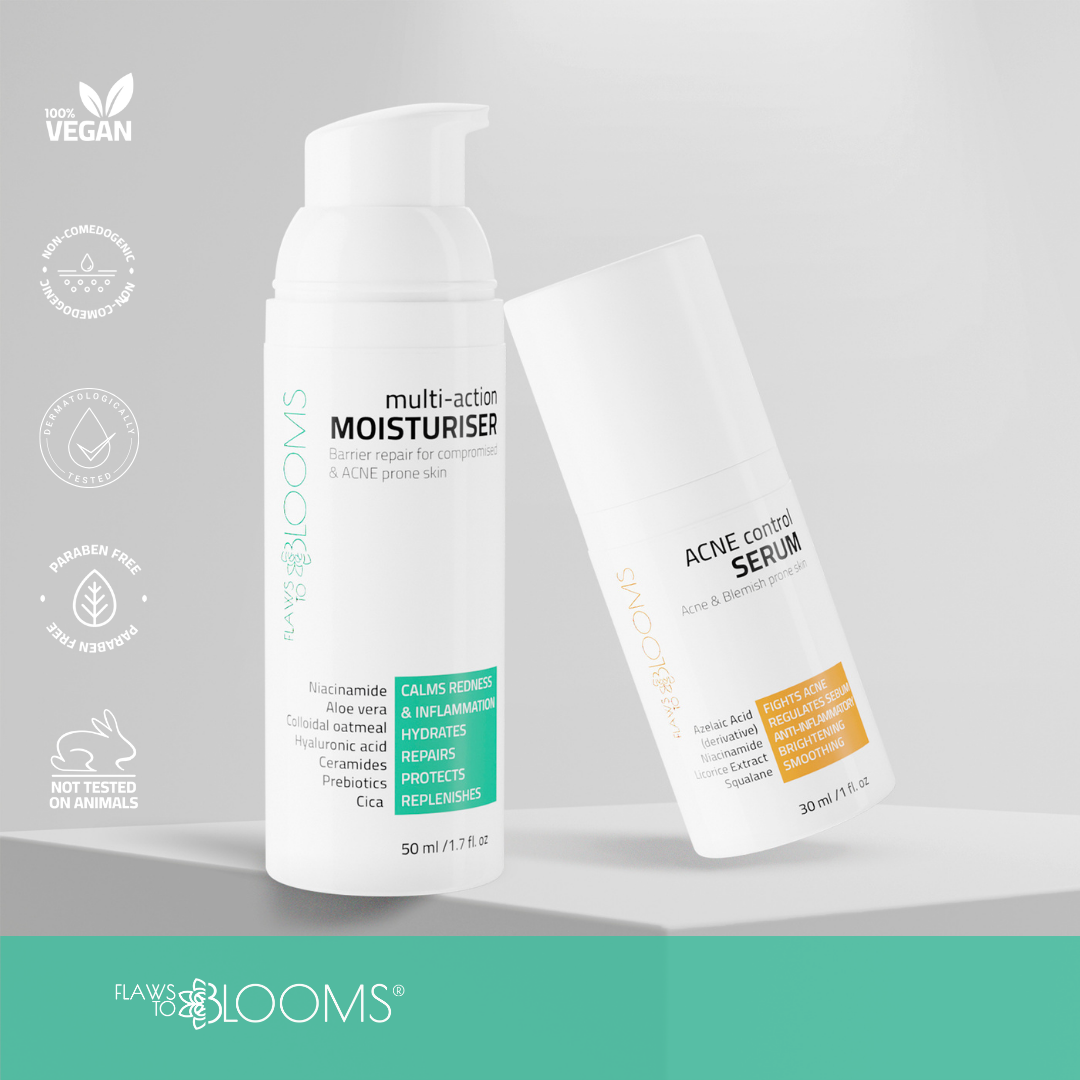Introduction
In the world of skincare, the hunt for safe and effective ingredients is paramount. Among the many discussions surrounding skincare ingredients, parabens have often found themselves at the center of controversy. These widely used preservatives have been the subject of much debate due to concerns about their potential health risks. However, with advancements in cosmetic chemistry, safer alternatives have emerged, such as Sodium Benzoate, Potassium Sorbate, and Phenoxyethanol, which not only serve as effective preservatives but also offer a safer profile compared to parabens.
The Paraben Predicament:
Parabens, including methylparaben, ethylparaben, propylparaben, and butylparaben, have been extensively utilized as preservatives in cosmetic and skincare products for their ability to inhibit the growth of bacteria, yeast, and mold. However, the concerns surrounding their safety have raised red flags in the skincare community. Studies have suggested potential links between parabens and hormone disruption, leading to a growing apprehension about their long-term effects on human health. Additionally, environmental concerns have arisen due to the persistence of parabens in water bodies, further prompting the need for safer alternatives in skincare formulations.
Safer Alternatives: Sodium Benzoate, Potassium Sorbate, and Phenoxyethanol
1. Sodium Benzoate: This salt derivative of benzoic acid serves as an effective preservative in skincare products, ensuring their longevity and safety. It is known for its ability to inhibit the growth of a wide range of microorganisms. Additionally, sodium benzoate has a low risk of skin irritation, making it suitable for use in various skincare formulations.
2. Potassium Sorbate: Widely used as a preservative in the cosmetic industry, potassium sorbate is a naturally occurring compound that prevents the growth of fungi, mold, and yeast. Its stability and efficacy in inhibiting microbial growth make it an ideal alternative to parabens. Potassium sorbate is generally well-tolerated by the skin, making it a safer choice for skincare products.
3. Phenoxyethanol: This glycol ether is commonly used as a preservative due to its ability to prevent the growth of bacteria and fungi in skincare formulations. Phenoxyethanol has a low sensitizing potential, making it suitable for sensitive skin types. Its broad-spectrum antimicrobial properties and stability in various product formulations have made it a popular alternative to parabens.
Benefits of Safer Alternatives:
- Reduced Health Risks: Sodium Benzoate, Potassium Sorbate, and Phenoxyethanol have demonstrated a lower risk of potential health hazards compared to parabens, providing consumers with peace of mind regarding their skincare choices.
- Environmental Friendliness: These alternatives exhibit better biodegradability and lower environmental persistence, addressing the growing concern for sustainability and eco-friendliness in skincare products.
- Skin Compatibility: With a reduced likelihood of causing skin irritation or allergic reactions, these alternatives cater to a broader range of skin types, including those with sensitive or reactive skin.
